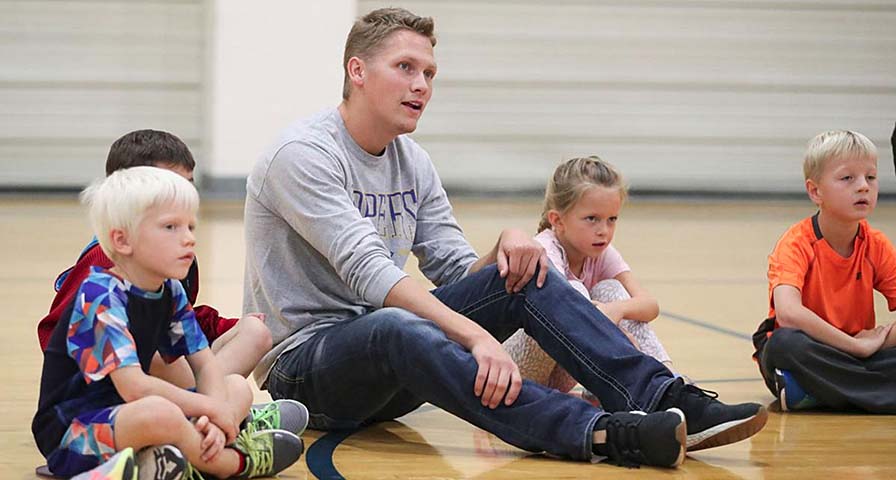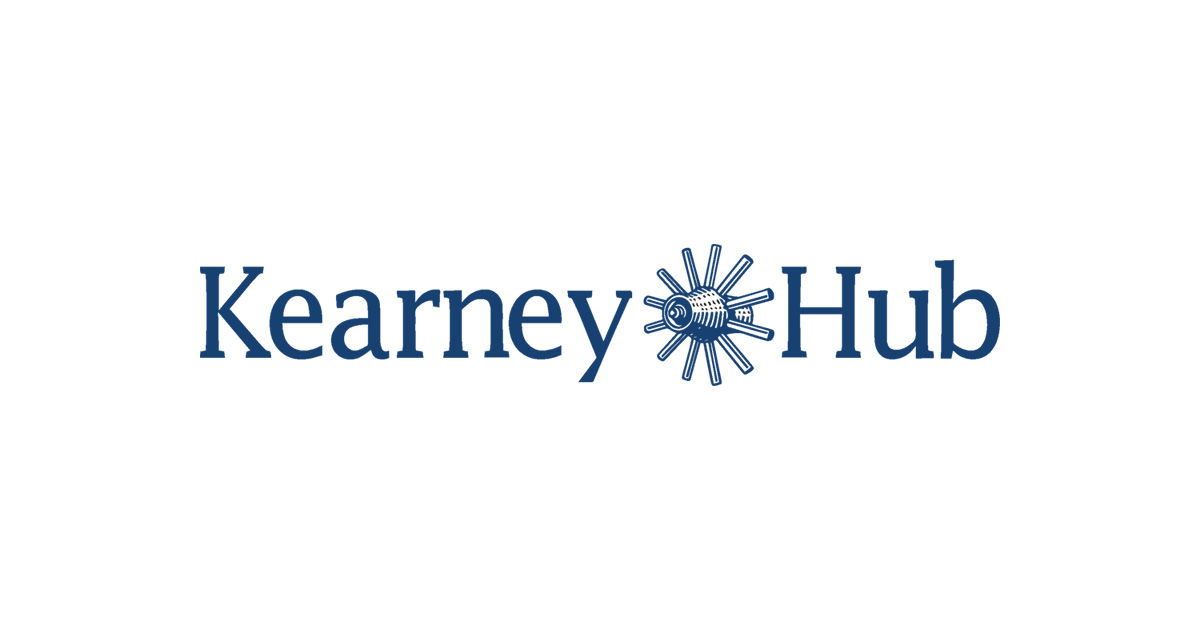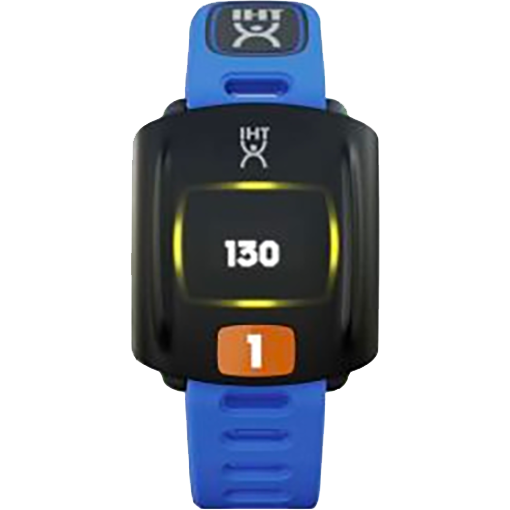Originally published Feb. 21, 2019 in the Kearney Hub.
Forget pull-ups, rope-climbing and all the other stereotypes.
Physical education is much different these days.
It’s not a glorified recess where students establish their dominance during a game of dodgeball, and it’s far more than a set of drills that determine who can run the fastest and jump the highest.
 Today’s physical education classes focus on overall wellness, fitness concepts and healthy habits that can lead to a lifetime of benefits.
Today’s physical education classes focus on overall wellness, fitness concepts and healthy habits that can lead to a lifetime of benefits.
“It comes down to understanding that not every person is an athlete,” said Megan Adkins-Bollwitt, an associate professor in the University of Nebraska at Kearney’s Kinesiology and Sport Sciences Department. “Students are required to take physical education at the elementary and secondary levels, so we should be helping everyone in the class, rather than a specific group.”
UNK’s health and physical education program, chaired by Adkins-Bollwitt, prepares students for successful careers as PK-12 instructors by emphasizing differentiated teaching methods and a concept called pedagogy – the art and science of instruction.
“We’re expanding the knowledge base of our teacher candidates so they understand the background and process of becoming a quality physical educator,” Adkins-Bollwitt said.
UNK undergraduates learn and practice a variety of instructional styles that promote cognitive, emotional and physical development and the importance of a healthy lifestyle.
The ultimate goal is to get kids moving – whether they’re dancing, playing a game or participating in organized sports – and show them exercise can be both fun and beneficial.
“If students have a good experience in physical education, we’re hoping that translates to a lifetime of fitness,” Adkins-Bollwitt said.
EXPERIENTIAL LEARNING
UNK students train for this career by working directly with children in a variety of age groups.
A unique program launched in 2015 brings roughly 100 area home-schooled kids to campus for physical education each Friday during the fall and spring semesters. The “teaching lab” gives undergraduate health and physical education students an opportunity to create lesson plans, design activities and instruct children from preschool to middle school age.
“It’s a good way for our students to understand how to deliver a lesson and at the same time begin to learn that classroom management piece,” Adkins-Bollwitt said.
Freshmen start as observers before working their way up to assistants and instructors as their academic careers progress.
Brendan Blackburn, a UNK senior from Beatrice, said the program has given him more confidence as he prepares to student teach and introduced him to new ideas.
“The experience is great,” Blackburn said. “I wasn’t very comfortable coming in, and now I’m ready to go. I’m ready to teach.”
Participating families, who meet for 55 minutes each week inside Cushing Coliseum, also benefit from the program. Children get to spend time with their peers while trying different activities and many parents develop social connections, as well.
“It’s a great thing for these kids,” Blackburn said. “They love it. They like to be moving all the time.”
The program also provides research opportunities for Adkins-Bollwitt and undergraduate fellows.
Adkins-Bollwitt uses it to look at whether home-schooled children ages 5 to 8 have the same gross motor skill development as students who attend public schools and how physical education can impact that development. She discovered many home-schooled children lagged in fundamental movement patterns such as hopping, skipping and throwing, but those skills improved after a year in the physical education program.
In addition to the home-school program, UNK health and physical education students have experiential learning opportunities through partnerships with Kearney Public Schools and Nebraska Kids Fitness and Nutrition Day, an annual event that brings more than 800 area fourth-graders to campus to learn about exercise and healthy living habits. During their last semester on campus, they teach physical education classes twice a week at Zion Lutheran School in Kearney.
On average, a UNK student will spend more than 100 contact hours with PK-12 children before they student teach.
“I think UNK has the best PE program out there,” Blackburn said. “When you sit down for an interview, they love that you go to UNK because of the experience you have.”
Seeking IHT Spirit System information?




